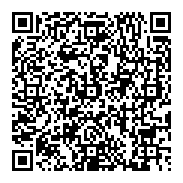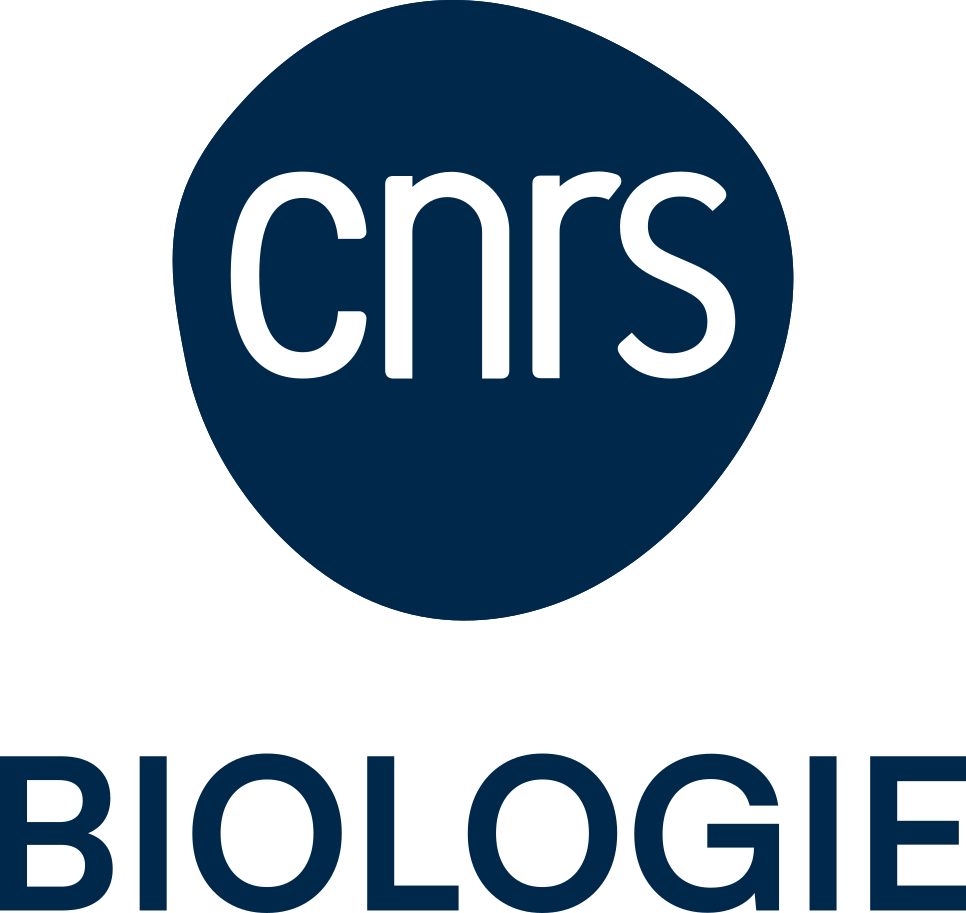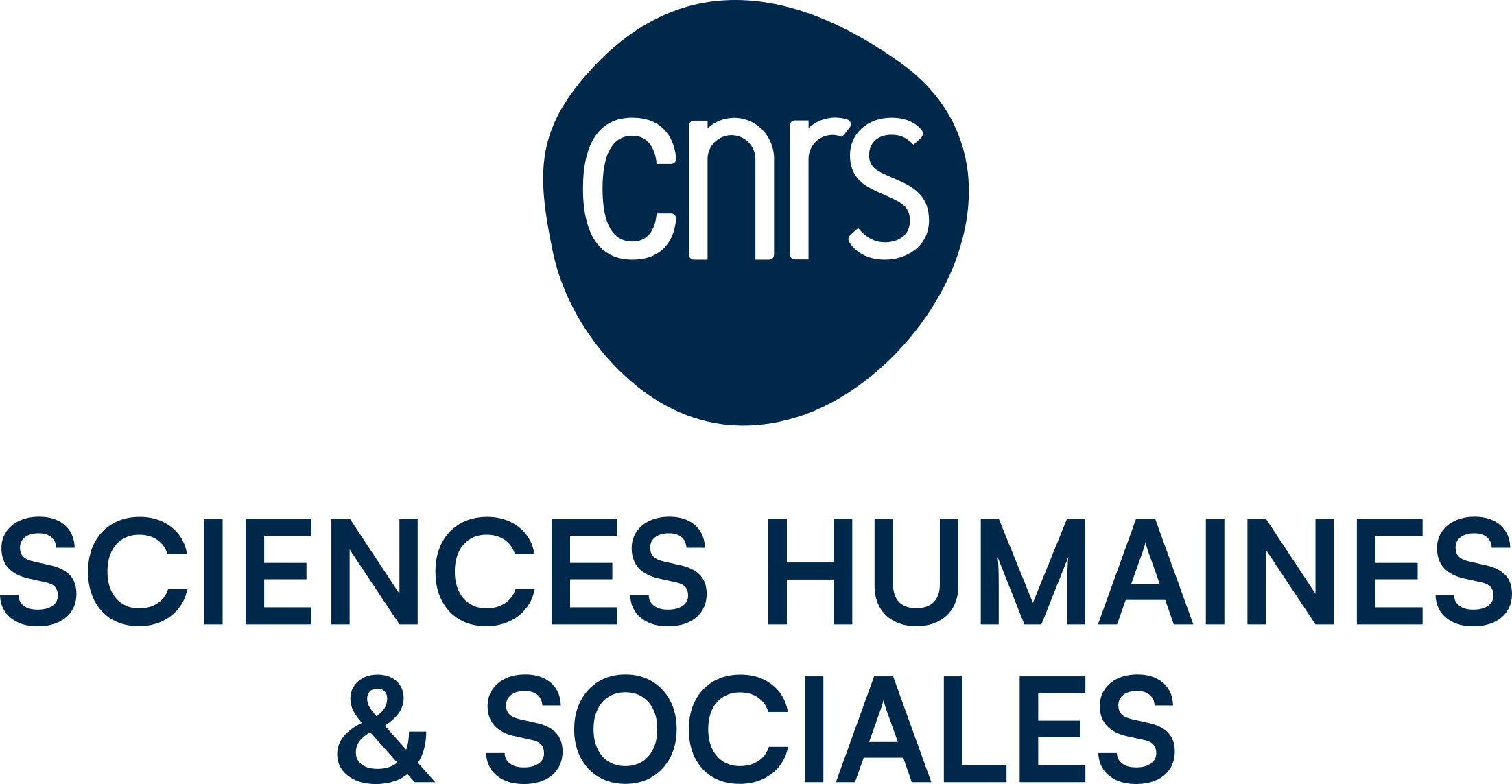THE LAPSCO IN THE PROCEEDINGS OF THE ROYAL SOCIETY B : BIOLOGICAL SCIENCES
jeudi 21 octobre 2021, par

October 2021. A recent study between members of the LAPSCO and the Department of Experimental Psychology of the University College London reveals the psychological dynamics behind rioting and offers a practical solution to the study of aggressive collective behavior in the laboratory.
This project (funded by the Nuffield Foundation and the British Academy) was initiated following the London riots of 2011. The Authors reasoned that, although the emergence of riots was well understood from a sociological perspective, past work did not directly reveal its psychological underpinnings. This was due to the inability to study collective behavior in the lab.
Dezecache and colleagues developed a game called ‘Parklife’ where two teams of co-present participants could grow a virtual park using their smartphones. Half of the time, the game was rigged surreptitiously, so that one team has to work twice harder to grow its park. Data from more than 150 participants show that the experience of inequality cause frustration and aggressive behavior in members of the disadvantaged team. Besides providing direct psychological evidence into the making of collective violence, this study also offers a protocol for future research into human collective behavior.
Dezecache, G., Allen, J. M., von Zimmermann, J., & Richardson, D. C. (2021). We predict a riot : inequity, relative deprivation and collective destruction in the laboratory. Proceedings of the Royal Society B, 288(1959), doi : 10.1098/rspb.2020.3091
Abstract : Riots are unpredictable and dangerous. Our understanding of the factors that cause riots is based on correlational observations of population data, or post hoc introspection of individuals. To complement these accounts, we developed innovative experimental techniques, investigated the psychological factors of rioting and explored their consequences with agent-based simulations. We created a game, ‘Parklife’, that physically co-present participants played using smartphones. In two teams, participants tapped on their screen to grow trees and flowerbeds on separate but adjacent virtual parks. Participants could also tap to vandalize the other team’s park. In some conditions, we surreptitiously introduced inequity between the teams so that one (the disadvantaged team) had to tap more for each reward. The experience of inequity caused the disadvantaged team to engage in more destruction, and to report higher relative deprivation and frustration. Agent-based models suggested that acts of destruction were driven by the interaction between individual level of frustration and the team’s behaviour. Our results provide insights into the psychological mechanisms underlying collective action.

depuis votre smartphone



